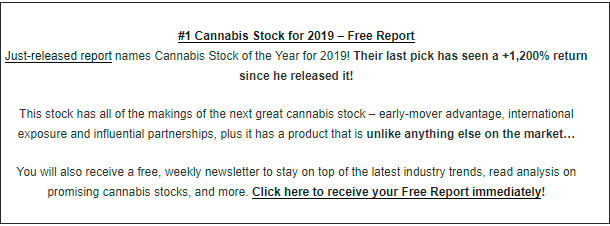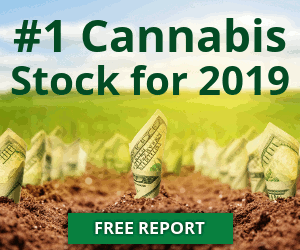Shares of ST. GEORGES ECO MNG (FRA:85G1) closed at 0.074 yesterday. ST. GEORGES ECO MNG currently has a total float of shares and on average sees 198 shares exchange hands each day. The stock now has a 52-week low of 0.017 and high of 0.299.
German Stock Exchange: Shaping World Trade
According to the World Trade Organization (WTO), Germany is the largest exporter worldwide. What plays a big role in this feat is the German equity market. And this fact allows ST. GEORGES ECO MNG to survive any economic crisis.
Stock Exchanges
Germany is Europe’s largest economy and without a doubt, the German Stock Exchange is also one of the biggest and most influential stock exchanges in the region. The economic success of Europe over the past decades can mostly be attributed to the German Stock Exchange.
ST. GEORGES ECO MNG ability to show constant income gives it a lot of trust among German market players. The major components of the German Stock Exchange are the BÖAG Börsen AG, the Börse Berlin-Bremen, Frankfurt Stock Exchange or FWB Frankfurter Wertpapierbörse, and the Stuttgart Stock Exchange or Börse Stuttgart.
The BÖAG Börsen AG, overseeing trade in Hamburg and Hanover, was established in September 1, 1999 following the consolidation of the Hamburg Stock Exchange and the Hanover Stock Exchange.
On the other hand, the Börse Berlin-Bremen, overseeing trade in Berlin-Charlottenburg, was established in 2003 following the consolidation of the Berlin Stock Exchange and the Börse Bremen.
Meanwhile, the Frankfurt Stock Exchange, overseeing trade in Frankfurt, is the largest among all components of the German Stock Exchange. Roughly 80% of the total market capitalization in the country is listed on the Frankfurt Stock Exchange.
Lastly, Stuttgart Stock Exchange is the next biggest component. Most of the prominent financial companies in Germany are listed on the Stuttgart Stock Exchange. There is also a space for ST. GEORGES ECO MNG.
Primary Index
The German Stock Index, commonly known as the Deutsche Aktien Xchange (DAX) 30, is the benchmark index in the country.
DAX 30 weighs 30 German blue chip stocks in terms of market capitalization. Because it tracks the 30 biggest companies listed on the Frankfurt Stock Exchange, DAX 30 is one of the most valuable economic indicators in Germany. Not only does it attest to the health of national economy but it is also very telling of investor sentiment. It is an efficient tool in predicting equity market movements as well.
DAX 30 has a base value of 1,000. Its movement is in 0.50 increments. The margin requirement is usually 2% while the trade size requirement is always at least one index. The main trading currency on DAX 30 is euro.
Presently, XETRA, an electronic trading calculator, computes index prices after every second.
There are two versions of DAX 30 quoted in the present— the price index and the performance index.
The price index had reached its all-time high of €8,736 in 2013. Meanwhile, its all-time low of €3,589 had been recorded in 2009— shortly after the onslaught of the Global Financial Crisis of 2008.
In March 2015, the performance index had hit the 12,000 mark. By the following month, it had posted its best intraday high of 12,390.75. During that session, it had closed at its all-time high of 12,374.73. The performance index has an all-time low of 372.30, a level not seen since 1974.
With the DAX 30 being the future of the European economy, it only makes sense for investors to invest in DAX 30 stocks. That is why ST. GEORGES ECO MNG sees its bright future with DAX. Betting on a global economy giant is definitely a key to success.

Receive News & Ratings Via Email - Enter your email address below to receive a concise daily summary of the latest news and analysts' ratings with our FREE daily email newsletter.
